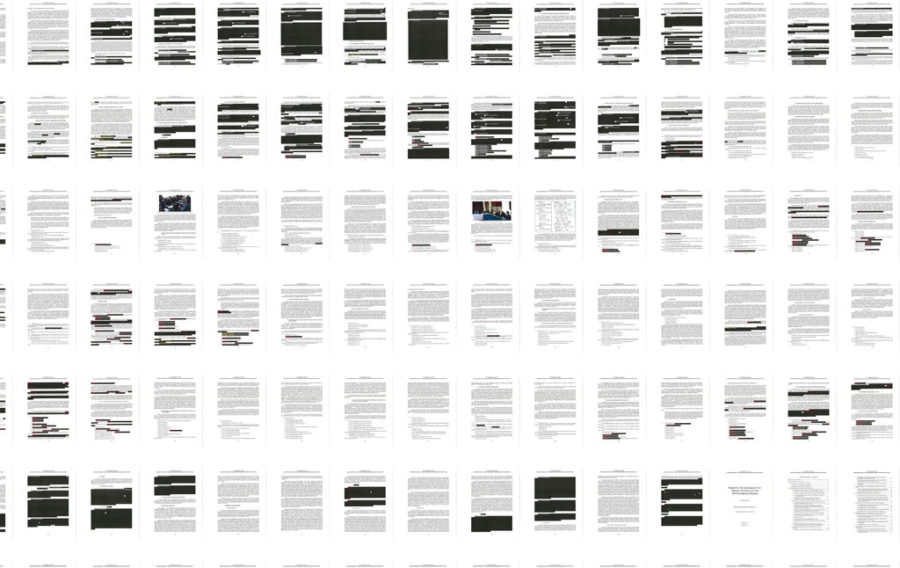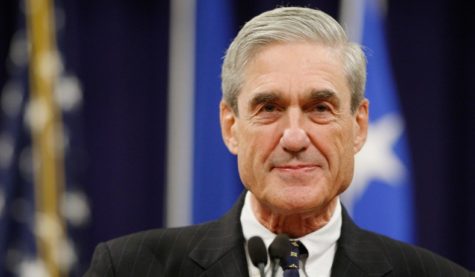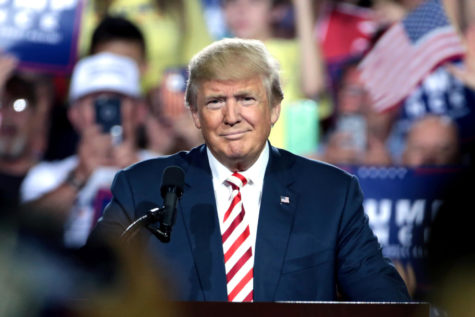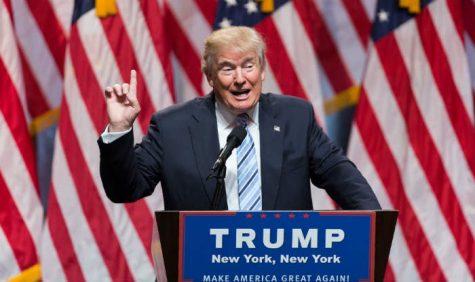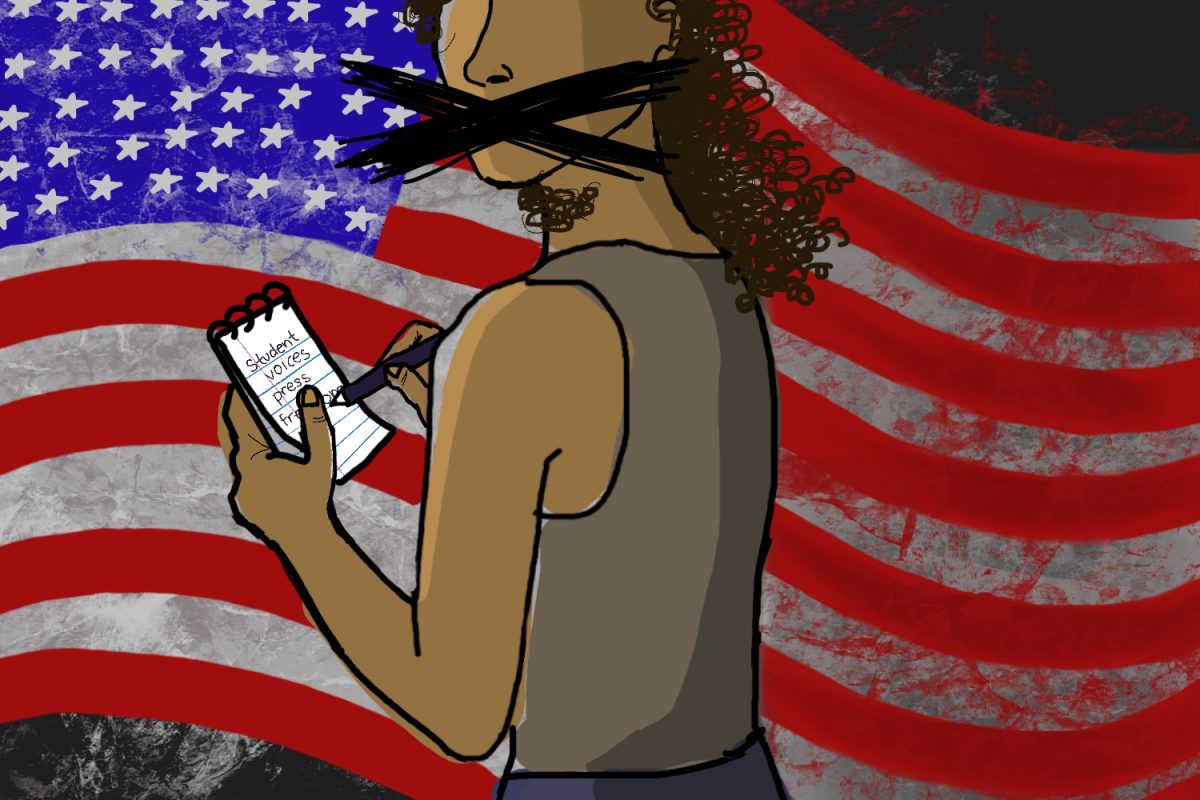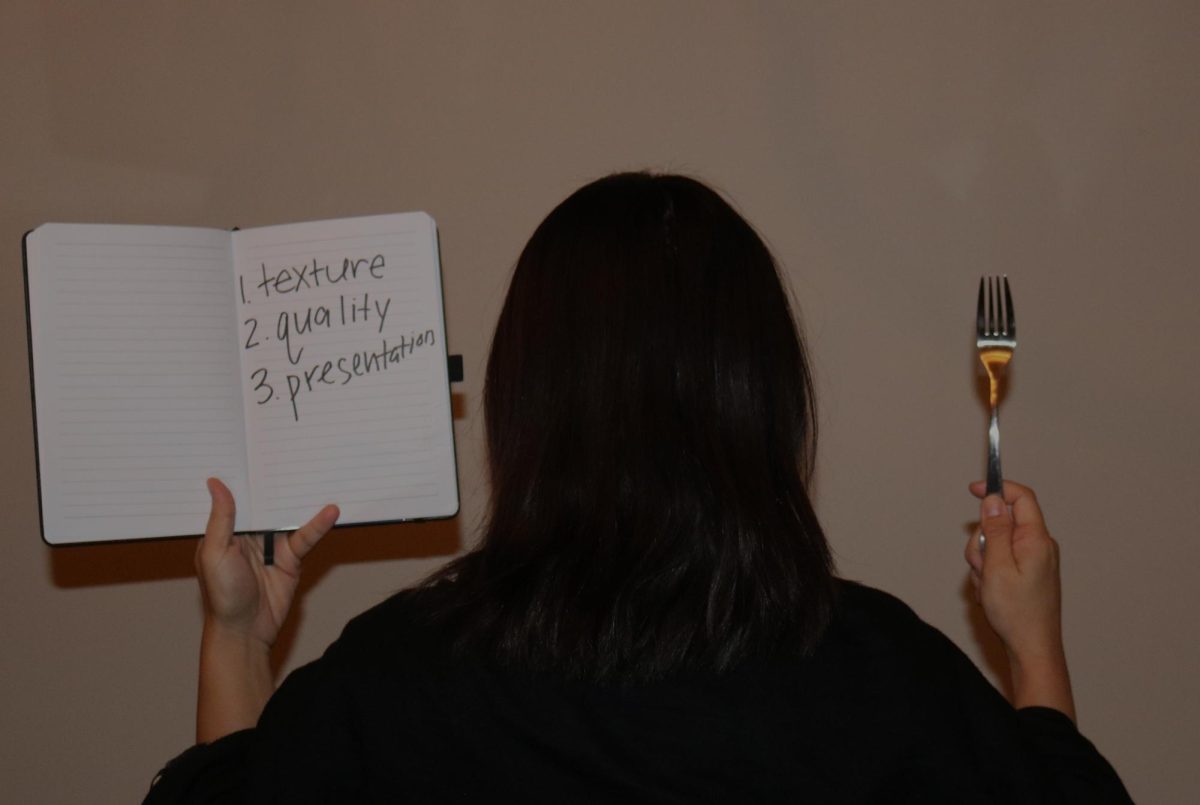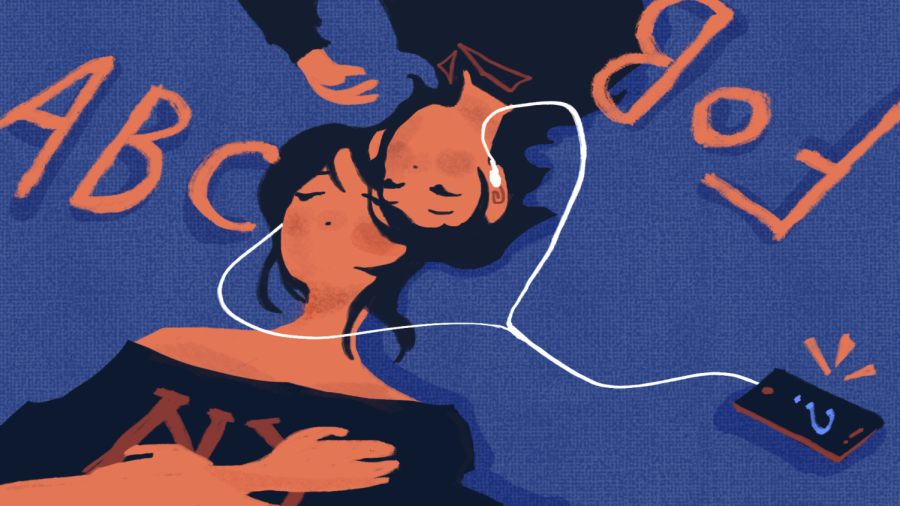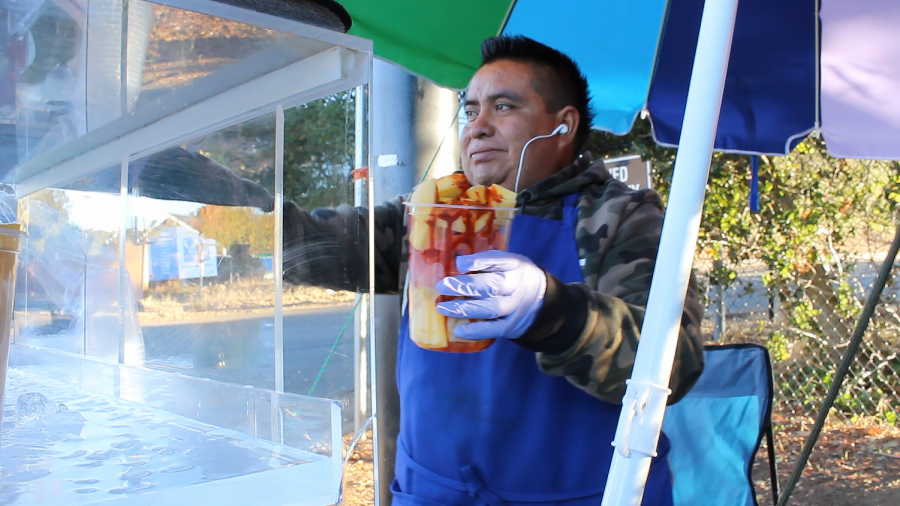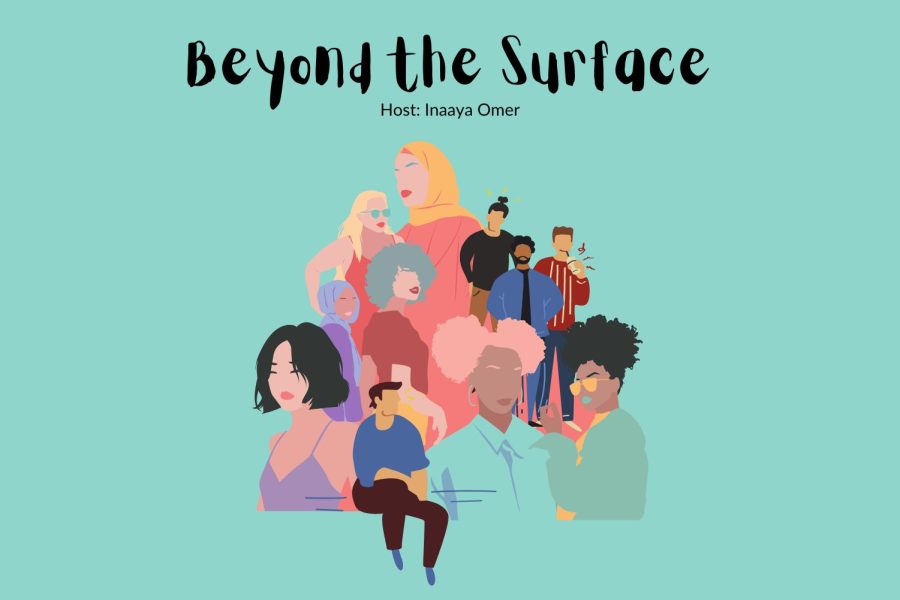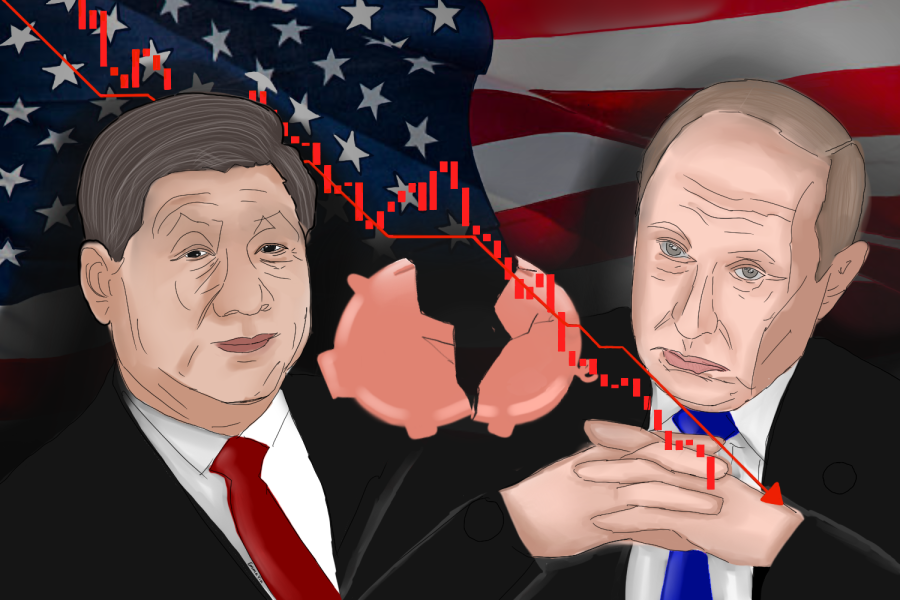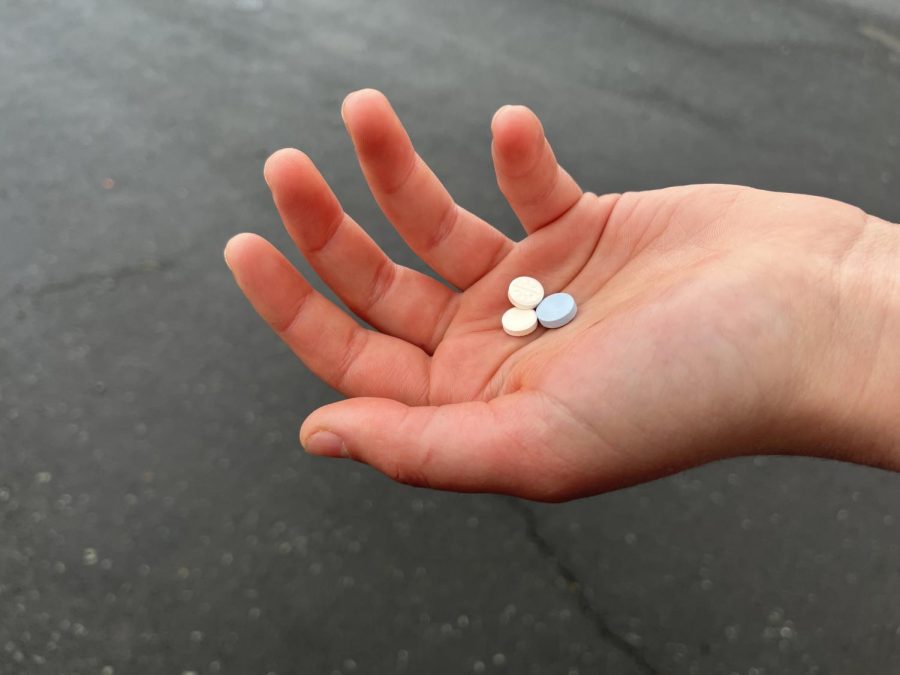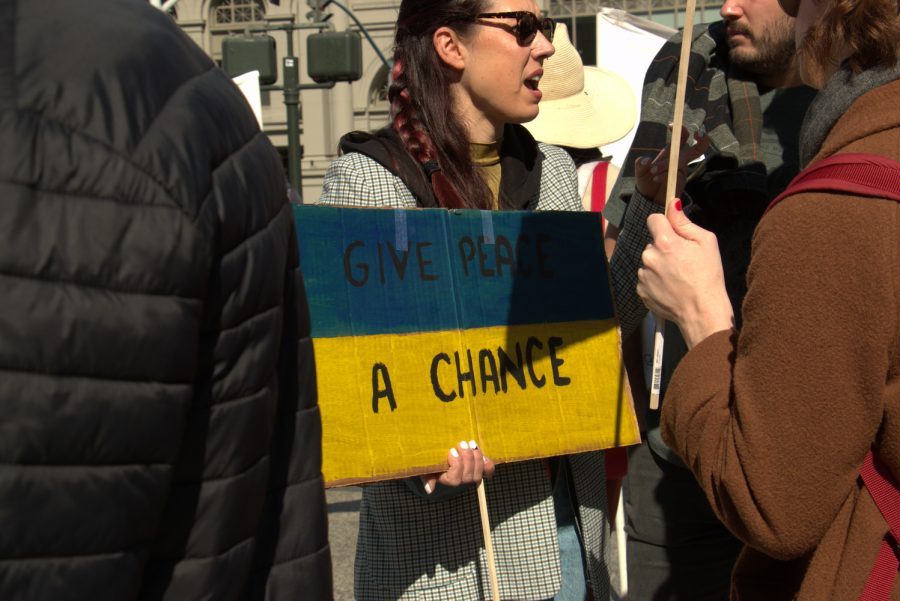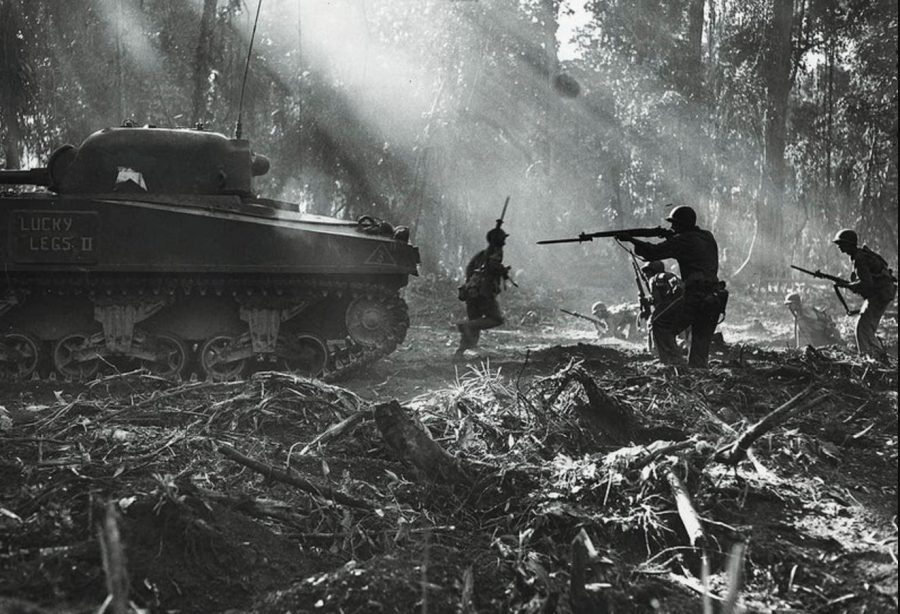Welcome to Scot Scoop Explains!
Scot Scoop Explains is born out of the drive to inform the general public about the who, what, when, where, why, and how of political topics. Given that very little news is born the moment it comes across a wire, Scot Scoop Explains will also provide relevant context and analysis to ensure full understanding of new information.
After 22 months, the report done by special counsel Robert Mueller has been released by the Justice Department. At 448 pages long, the report is lightly redacted and brings the findings of Mueller and his of investigators to the attention of the American people.
[To learn about what the Mueller report is, you can read more here.]
What did the report consist of?
As we learned from Attorney General William Barr’s summary, the report had two sections: Russian interference and obstruction of justice. Special counsel Robert Mueller split those sections in his report into Volume I and Volume II. The investigation was 22 months in length and overall, Mueller concluded that there was not enough evidence to establish that President Trump or his associates engaged in a criminal conspiracy with Russia to disrupt the 2016 election, despite the fact that the campaign had numerous contacts with the Russians. Most notably, the report detailed President Donald Trump’s efforts to derail the investigation and the discussion of whether or not this obstructed justice.
The main takeaways from Volume I
Despite the fact that the Trump campaign welcomed Kremlin efforts to sabotage the campaign of Hillary Clinton, Mueller concluded there was “insufficient evidence” to determine whether Trump and his aides had engaged in a criminal conspiracy with the Russians. The Trump campaign made no efforts to stop the Russian sabotage and “expected it would benefit electorally” from leaks and hacks of Democratic emails.
Russia interfered with the election in two primary ways, the first of which was a campaign of disinformation spread via social media that favored Trump and disparaged Clinton. Second, a Russian intelligence service conducted hacking operations targeted at the Clinton campaign, resulting in the release of the documents retrieved through the hacking.
The main takeaways from Volume II
Volume II addresses the President’s actions regarding the FBI’s investigation into Russia’s election interference and related matters, as well as the President’s actions towards the special counsel’s investigation.
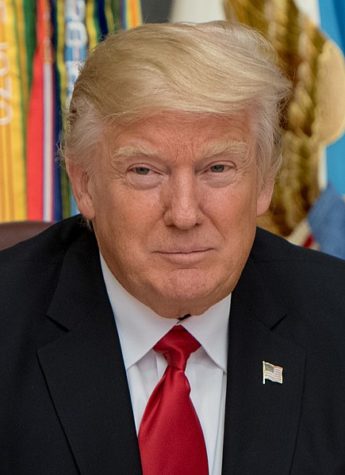
Oh, my God. This is terrible. This is the end of my presidency. I’m f****d.
— Trump, immediately after learning that a special counsel had been appointed to lead the Russia investigation
Mueller declined to make a prosecutorial judgment on the actions of the president. According to the report, “The evidence we obtained about the president’s actions and intent present difficult issues that prevent us from conclusively determining that no criminal conduct occurred. Accordingly, while this report does not conclude that the president committed a crime, it also does not exonerate him.”
The report laid bare the fact that once the president was aware that his connections to Russia were being investigated, he repeatedly tried to undermine it. According to the report, “The president’s efforts to influence the investigation were mostly unsuccessful, but that is largely because the persons who surrounded the president declined to carry out orders or accede to his requests.”
The special counsel found that many of Trump’s most controversial decisions, such as firing FBI Director James Comey, fell into his constitutional authority under Article II of the Constitution.
Some of the key issues that were examined in this section of the report were:
- The Trump campaign’s response to reports about Russian support for Trump
- Conduct involving former FBI Director James Comey and former National Security Advisor Michael Flynn
- The president’s reaction to the continuing Russia investigation
- The appointment of a special counsel and efforts to remove him
- Efforts to curtail the special counsel’s investigation
- Efforts to prevent public disclosure of evidence
- Further efforts to have the attorney general take control of the investigation
- The president attempting to remove the special counsel by ordering former white house counsel Don McGahn to do so
Overall, the items in this section of the report paint a stunning picture of a presidency filled with paranoia and desperate to protect itself.
Does the report indict Trump?
The Office of Legal Counsel (OLC) in the Justice Department previously issued an opinion saying that a president cannot be indicted or criminally prosecuted while in office because it would “impermissibly undermine the capacity of the executive branch to perform its constitutionally assigned functions.” This statement is not the law, rather it is a guideline that the Justice Department has put forward. The report honored this guideline and did not exercise prosecutorial jurisdiction.
Mueller’s team also issued their own justification of this in the report, saying, “…apart from OLC’s constitutional view, we recognized that a federal criminal accusation against a sitting president would place burdens on the president’s capacity to govern and potentially preempt constitutional processes for addressing presidential misconduct.”
Both the OLC and the report also said that a president could be prosecuted and indicted once they leave office.
What is the deal with collusion?
Since, the beginning of the investigation, President Trump has been saying there is “no collusion.”
The word “collusion” has been frequently used when talking about the investigation, both by President Trump and others in Washington, and has been the subject of much inquiry by the press. However, according to the report, the investigation looked at the subject it investigated through the framework of conspiracy law, and not collusion.
According to the report, “…collusion is not a specific offense or theory of liability found in the United States Code, nor is it a term of art in federal criminal law. For those reasons, the Office’s focus in analyzing questions of joint criminal liability was on conspiracy as defined in federal law,”
Mueller and his team didn’t find collusion, because that was not what they were looking for. That being said, they also did not conclude that the Trump campaign coordinated with the election interference activities of the Russian government.
Why is it so heavily redacted?
Parts of the report were redacted due to ongoing investigations, grand jury material, classified information, and personal privacy. Volume I contained far more redactions than Volume II. According to the New York Times, about 10% of the total report is blacked out. Democrats in Congress are trying to get an unredacted version of the report.
What happens next?
Mueller did not exercise prosecutorial jurisdiction in the report, putting the ball in Congress’ court.
“The conclusion that Congress may apply the obstruction laws to the president’s corrupt exercise of the powers of office accords with our constitutional system of checks and balances and the principle that no person is above the law,” Mueller said in the report.
Mueller will appear before the House Judiciary Committee as well as the House Intelligence Committee.
Republicans have used the report as a rallying cry to further support the president. Meanwhile, Democrats are divided over what to do next, with some calling for impeachment and others not clear in their plans.
As for the president?
Despite the report’s statement that he was not exonerated, Trump still believes that the report exonerates him fully and completely.
Since the release of the report, the president has taken to Twitter to voice his thoughts.
“The end result of the greatest Witch Hunt in U.S. political history is No Collusion with Russia (and No Obstruction). Pretty Amazing!” said Trump in a tweet on Sunday.

